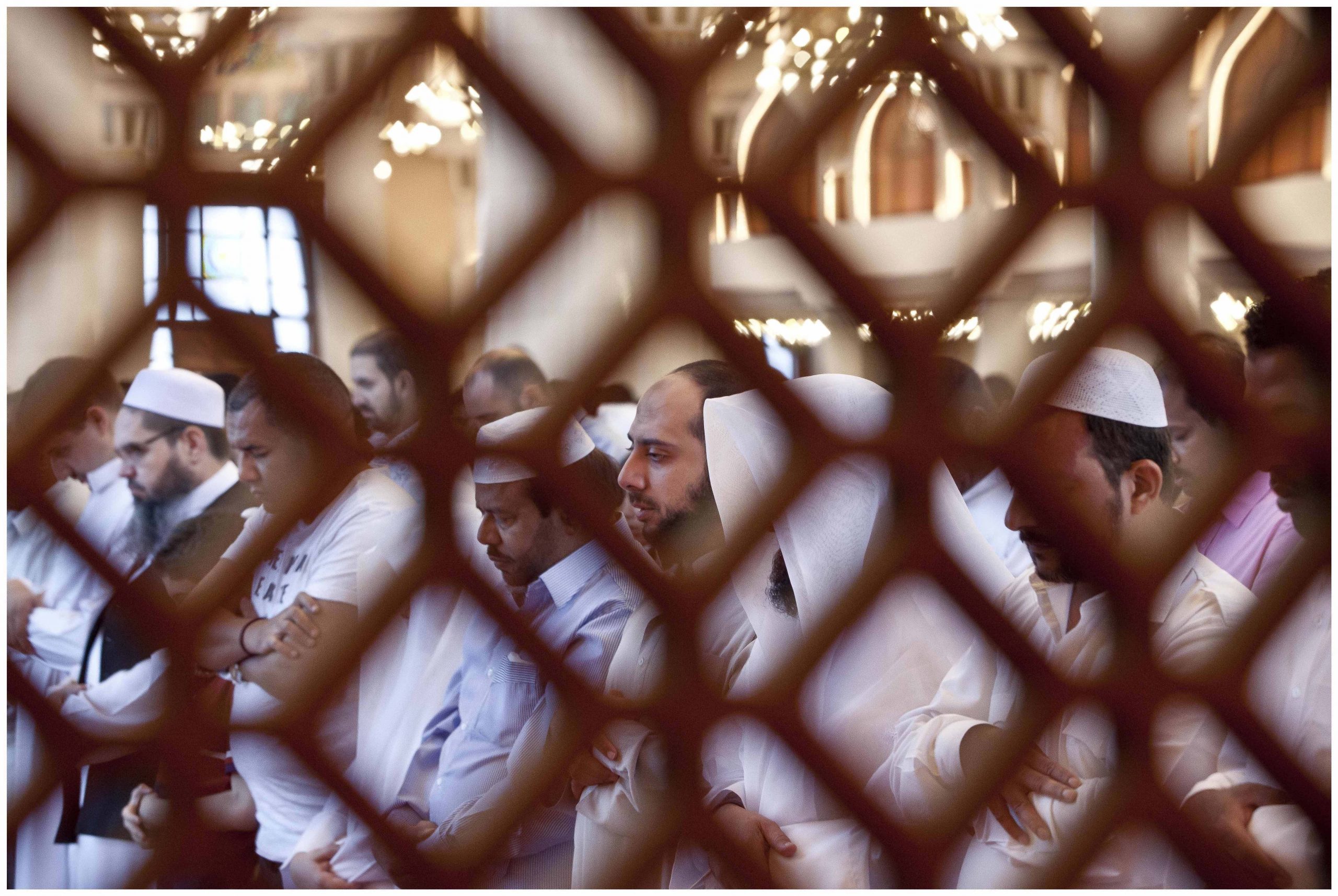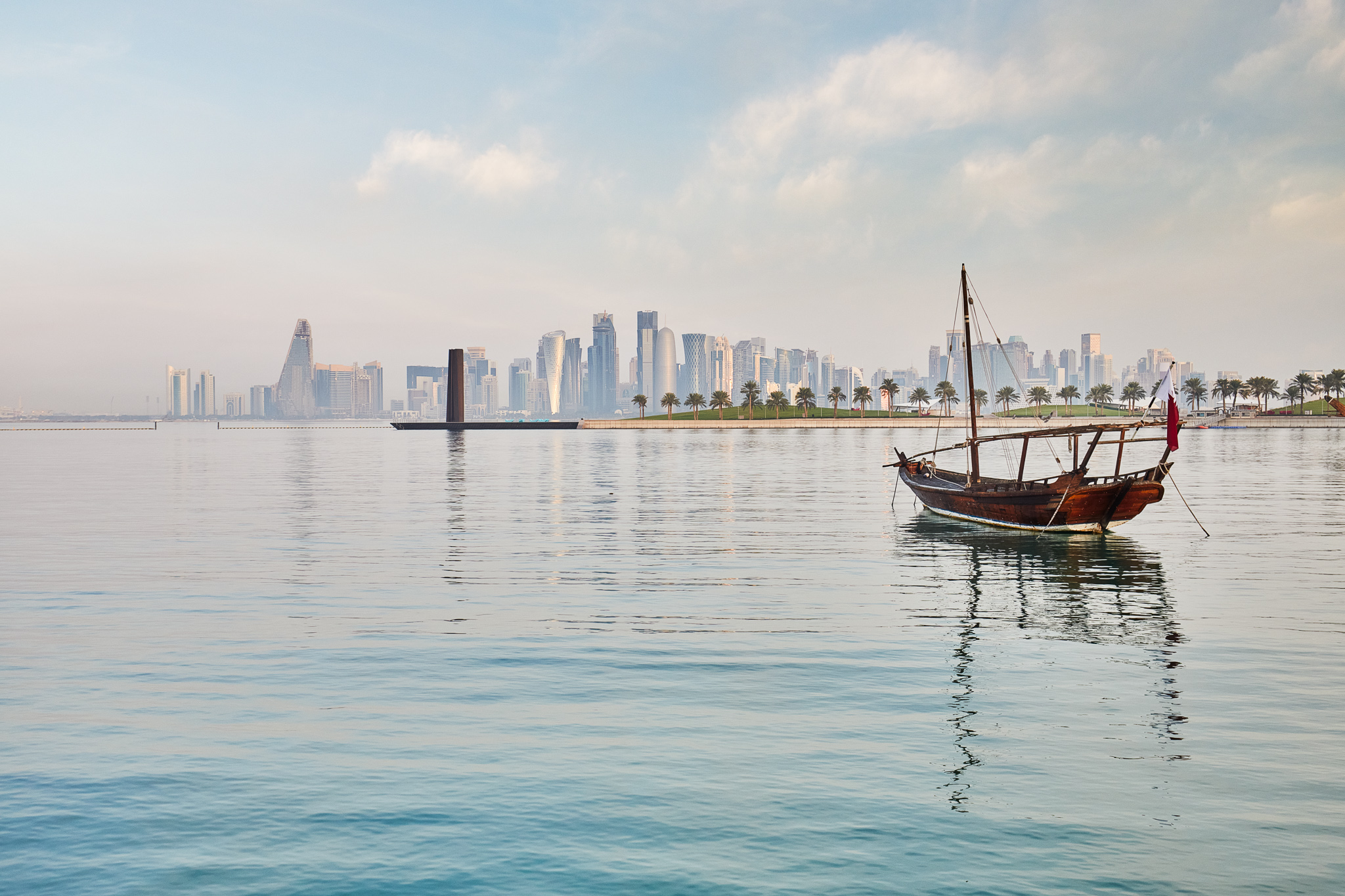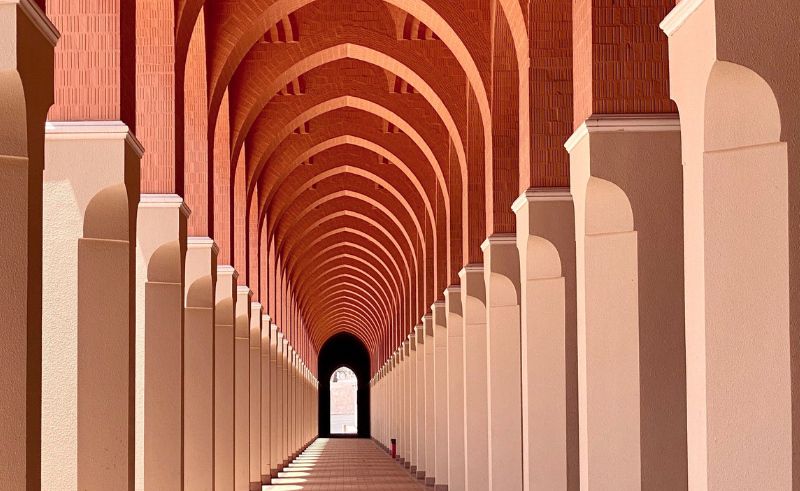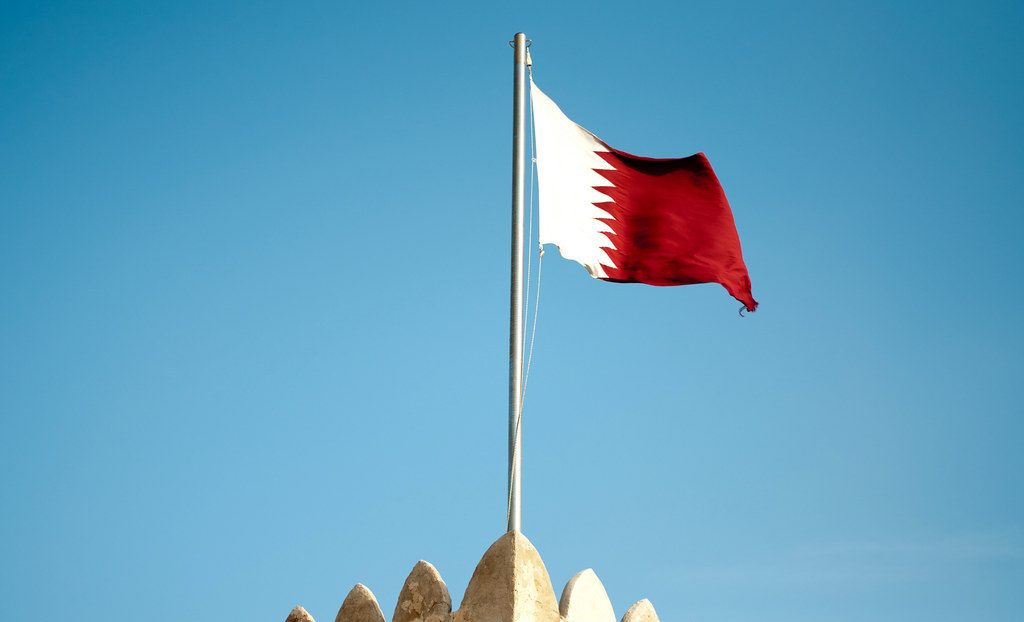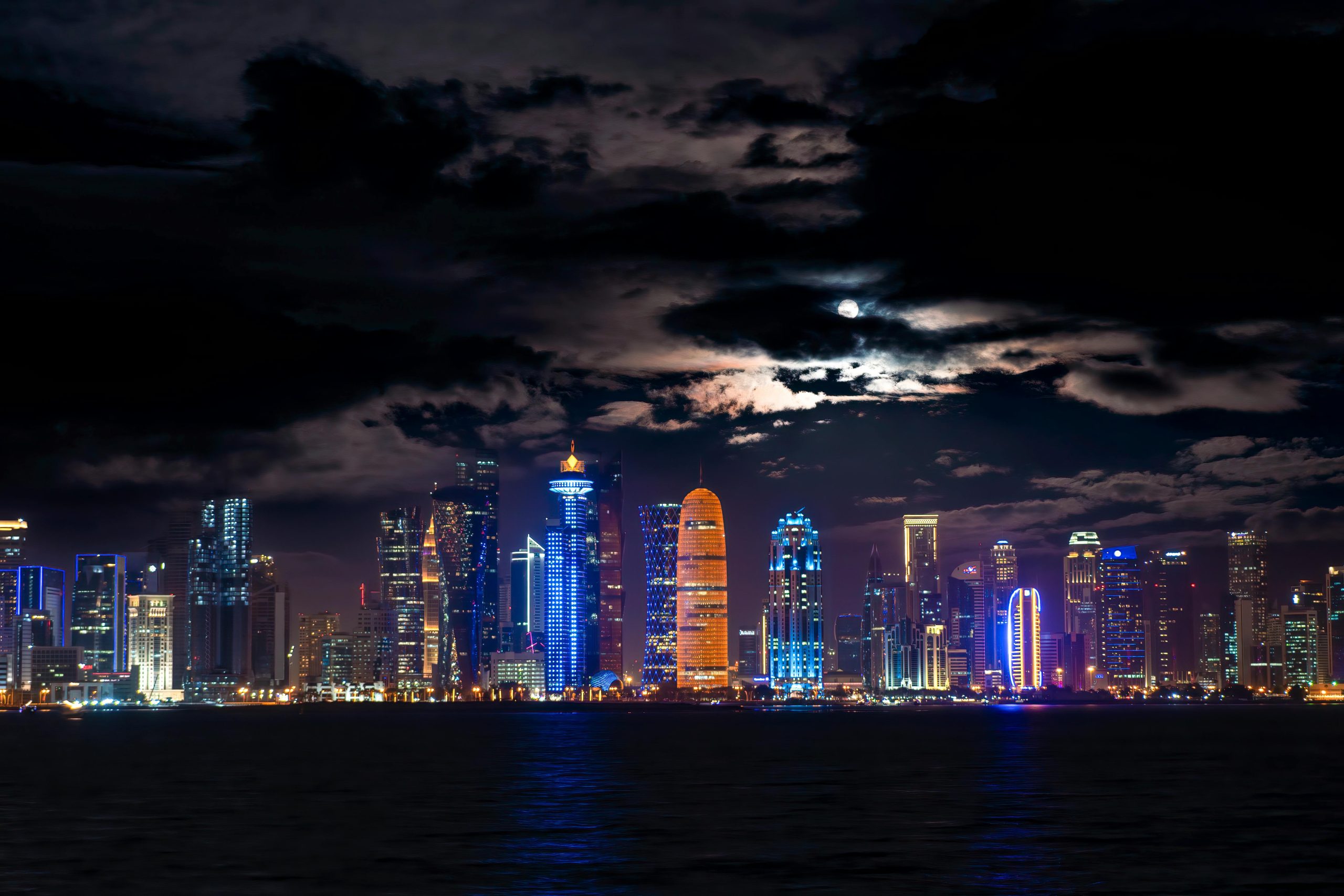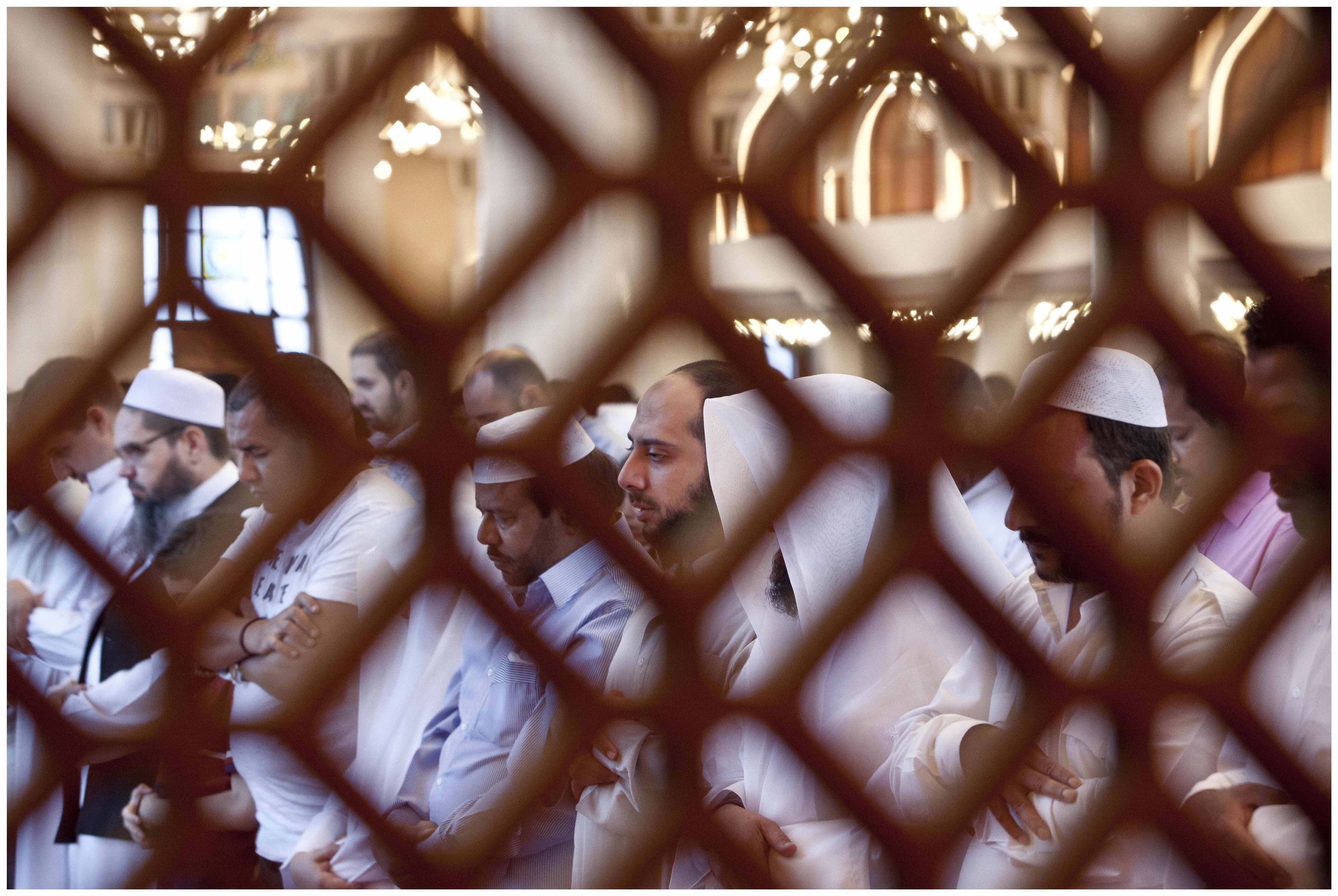
The ongoing blockade of Qatar by its neighbors has sparked an ugly war of words online and in the media. Among the worst consequences has been a recent increase in sectarian rhetoric in the region, argues Mohammed Al-Jufairi in this opinion piece.
Until recently, the Arabian Gulf was considered an area of relative stability and peace in the world.
However, the recent blockade of Qatar is now threatening the region’s social fabric, pitting families against families, and sect against sect.
This was brought home to me last week after the death of the legendary Kuwaiti King of Comedy Abdulhussain Abdulretha.

Abdulretha was hugely popular in Qatar.
A larger-than-life figure, he spent his life entertaining the masses while promoting religious unity and love.
Despite his hopes for unity, however, there are many in the region who have sought to use his death to reignite sectarian divisions.
That’s because he was a Shia Muslim.
Since he died, there has been a huge increase in anti-Shia rhetoric on social-media.
I believe that much of it has been effectively “sponsored” by the countries currently carrying out the blockade of Qatar – Saudi Arabia, the UAE and Bahrain.
Online backlash
Following his death, for example, the infamous Saudi cleric Dr. Ali Al Rabieei sent out a tweet that people should stop praying to God for Abdulretha because he was “an Iranian Shia, and died in darkness and in vain.”
He deleted the tweet following an online backlash, but many agreed with him, too.

Additionally, prominent Saudi newspaper Riyadh published several articles of “condolences” for the late actor.
But it deleted the prefix Abdul from the comedian’s name, instead calling him Hussein.
Abdul means “servant of,” so the name literally translates into “servant of Hussein.”
Saudi newspapers opted not to recognize that Hussein, a Muslim who Shias extol, could have such ardent followers.
This action is of course an insult to the late singer’s vision for religious unity.
But sadly, this sort of thing is not a new or strange coming from the Saudi government.
Discrimination against Shias
The backlash against the memory of a man known simply for making people laugh may seem baffling to outsiders.
But for those of us who’ve grown up in this region, it is unfortunately not surprising.
Shias are a minority religious population in Qatar, the UAE and Saudi Arabia, and the majority Muslim population in Bahrain (although Bahrain’s rulers are Sunni).
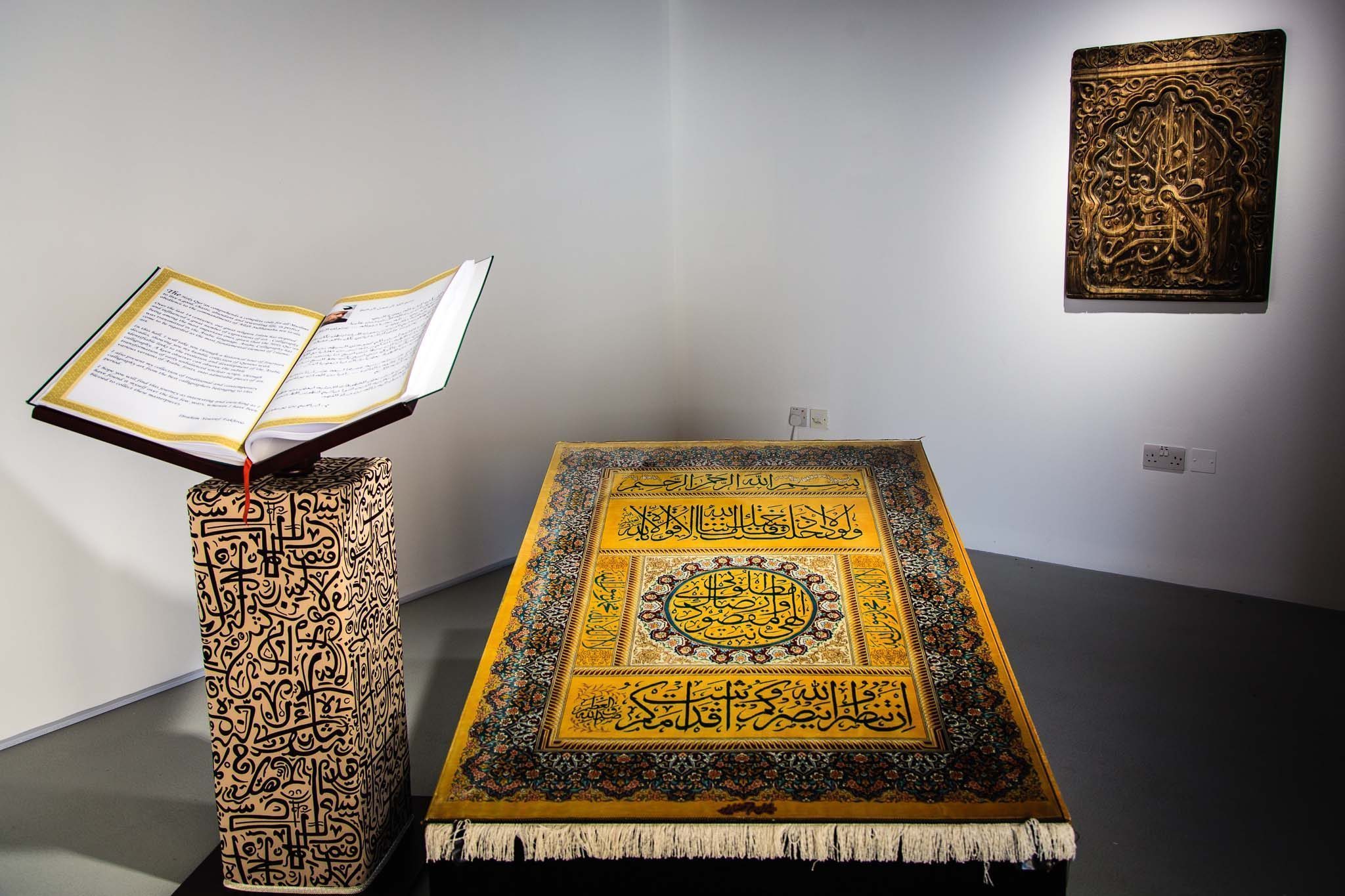
And while Shias are not widely discriminated against in Qatar and the UAE, the same cannot be said about Saudi and Bahrain.
According to Human Rights Watch (HRW), a recent rise in the persecution of Shias in the country is likely to only continue under the new Saudi leadership.
HRW condemned the Saudi regime for sentencing 14 young Shia men to death for protest-related crimes following what they deemed to be unfair trials.
These trials came just after Saudi forces had demolished the Shia-majority Saudi town of Awamiya.
Its citizens were forced to flee, and shops were either closed or burned.
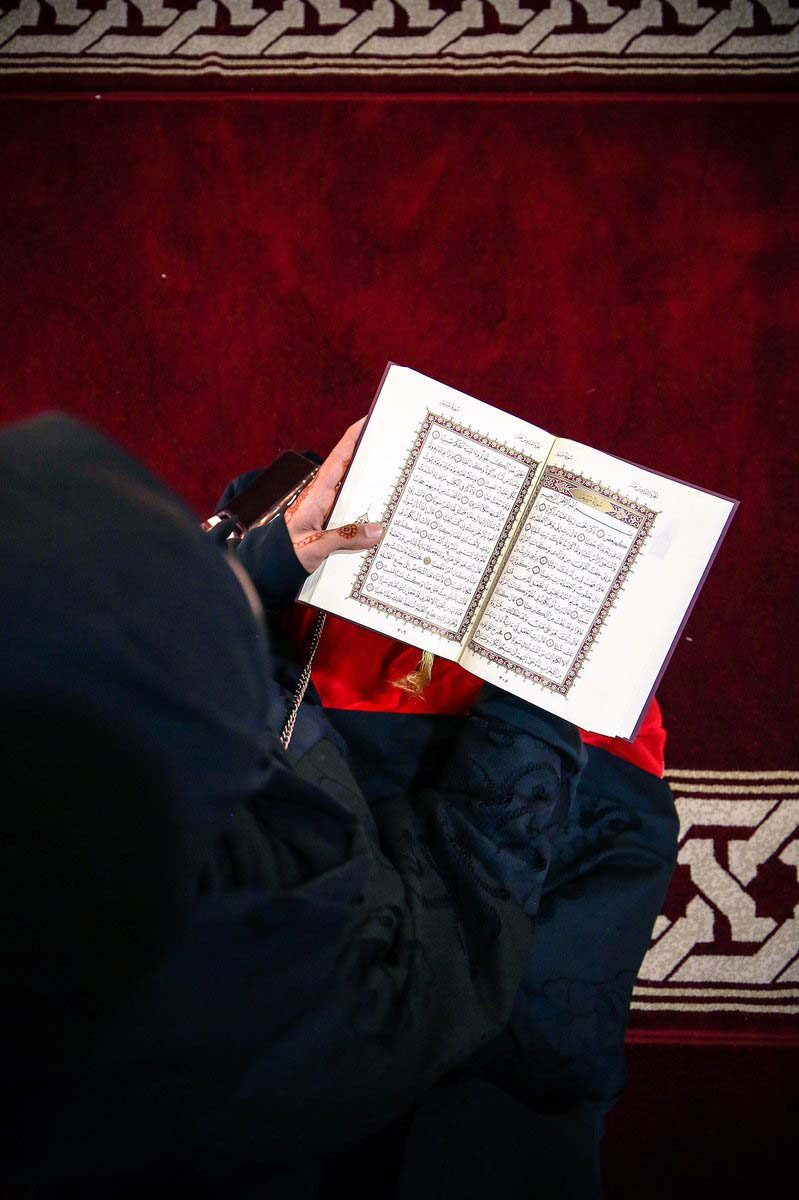
Meanwhile, Shiaa-majority Bahrain is now all-too familiar with sectarian violence.
In its recent Religious Freedoms report, the US State Department issued a stern condemnation of the (majority Sunni) Bahraini government.
It accused them of “questioning, detaining, and arresting Shia clerics, community members and opposition politicians.”
The Bahraini regime has repeatedly been accused of killing peaceful Shia protesters, raiding homes of clerics, and rescinding citizenship of Shia figures, including prominent Bahraini Cleric Sheikh Issa Qassim.
Acknowledging other faiths
And yet while Saudi Arabia and its allies continue to promote sectarianism, Qatar has chosen another path.
Qatar already houses the Middle East’s largest complex of churches, allowing the country’s hundreds of thousands of Christians to worship openly.
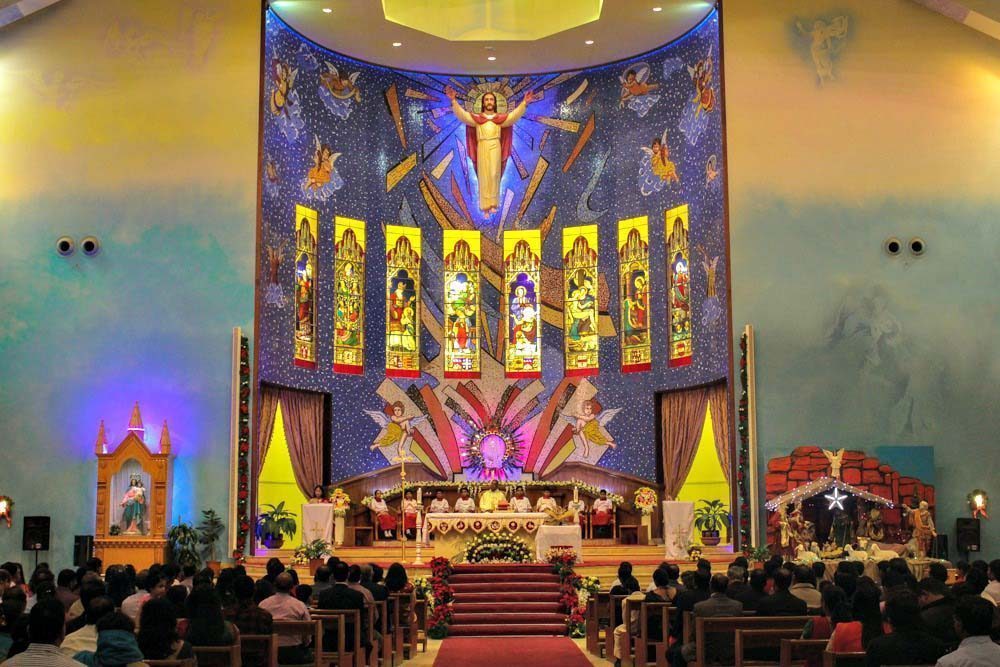
And recently, the US State Department noted Qatar’s apparent openness to build new places of worship for Hindus, Jews, and Buddhists.
In the same report, the US criticized Saudi Arabia and Bahrain for failing to protect religious freedoms.
In particular, it pointed to Saudi’s refusal to allow non-Muslims to practice their faiths in the country, leaving them open to possible persecution and deportation for their beliefs.
Divisive clerics
Even in the UAE, home to churches and temples belonging to a number of faiths, there are signs of sectarianism.
A recent resurfacing of a video of the Jordanian-born UAE naturalized cleric, Wasim Yousef, showed him expressing anti-Shia views.
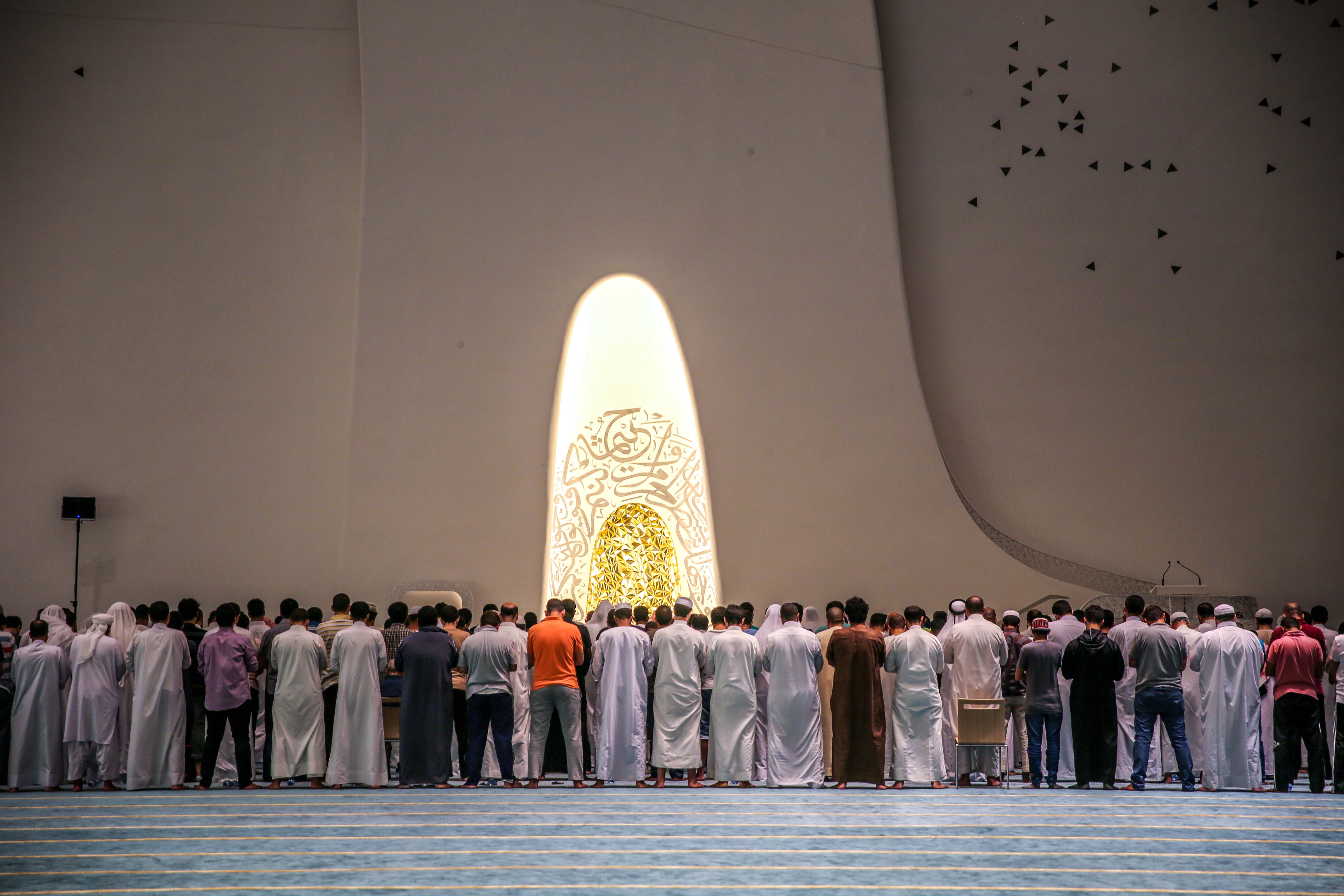
In it, he called Muslims of the Shia community non-believers because “they worship a being in addition to Allah,” which is untrue.
Since the video was made, Yousef has been promoted to Imam of the Sheikh Zayed Mosque, the UAE’s largest Muslim place of worship.
Yousef has also recently used profanity and curses on UAE National Television and social media to take aim against Qatar’s rulers following the blockade.
https://twitter.com/waseem_yousef/status/900477955272519682
For example, in this tweet he has a picture of Qatar’s Emir, Father Emir, and Hamad bin Jassim and tweets “May God kill you” and publicly advocates for a regime change in Qatar in his religious programs and sermons.
Call for tolerance
I believe that all of the countries currently blockading Qatar should follow its example.
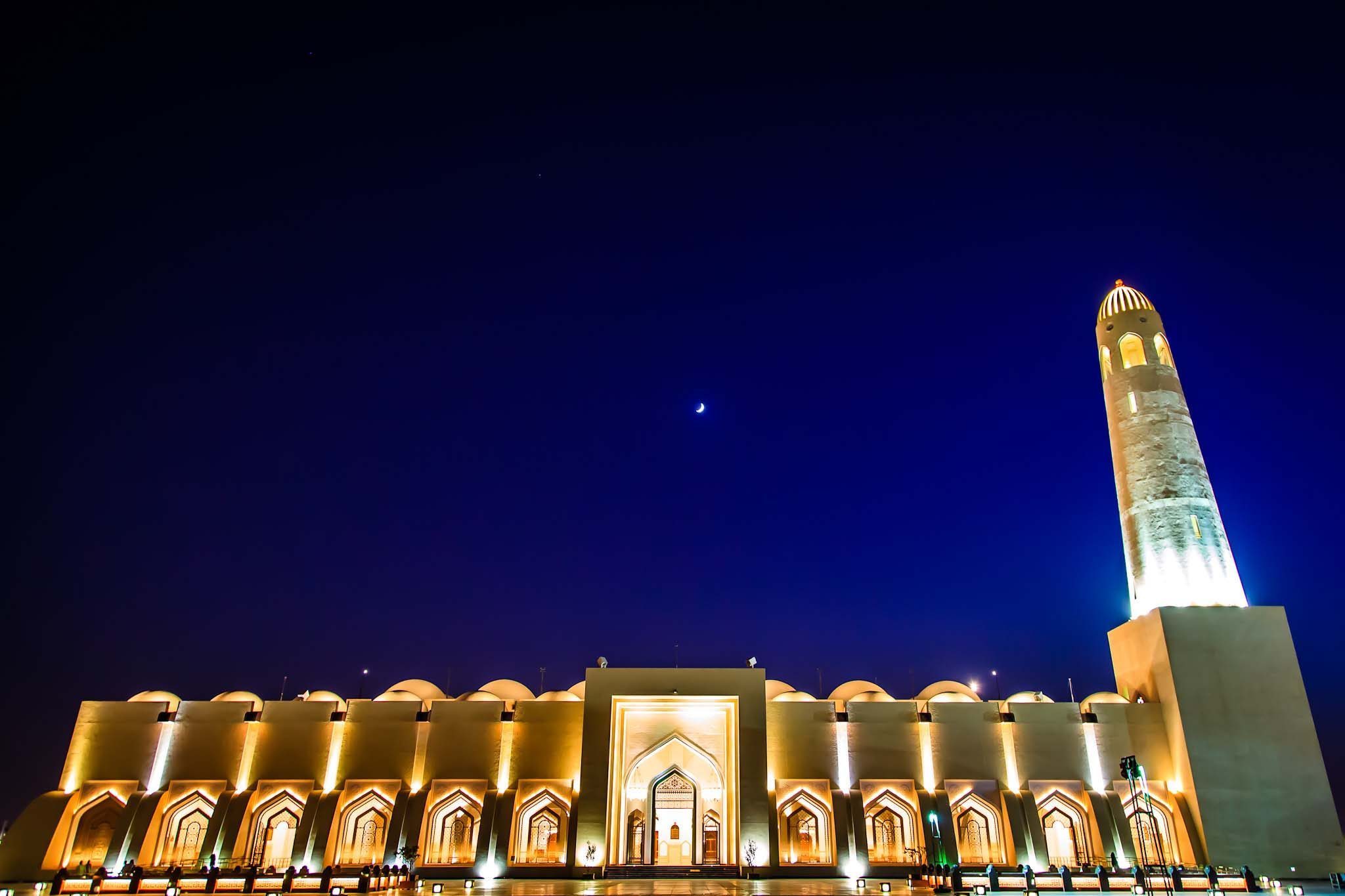
Like Qatar, they should immediately put an end to all forms of religious prosecution, preference, and threats.
Instead, they should focus on unity, spread objectivity, and promote one strong, unified and safe GCC.
Which, incidentally, is very much the message Abdulhussain Abdulreza spent his life promoting.
The views expressed in this article are the author’s own and do not necessarily reflect Doha News’ editorial policy.

